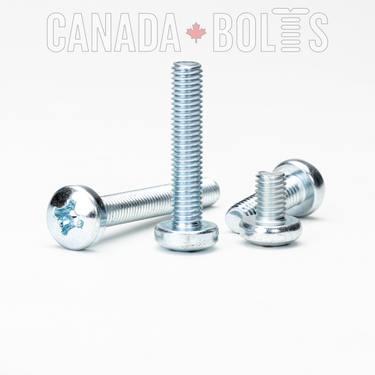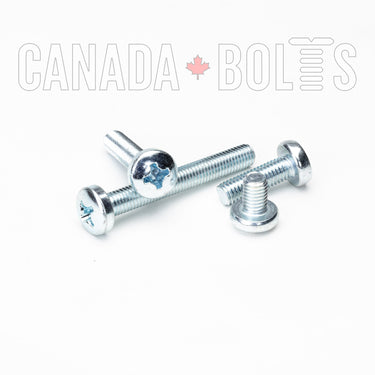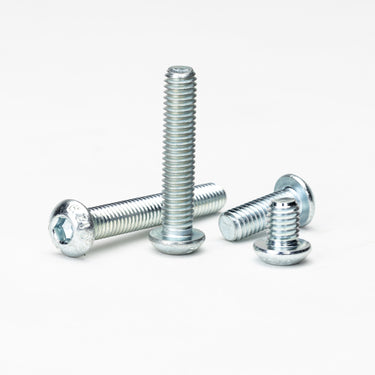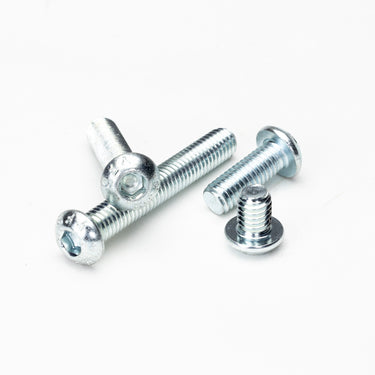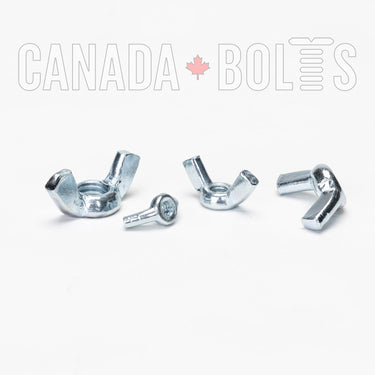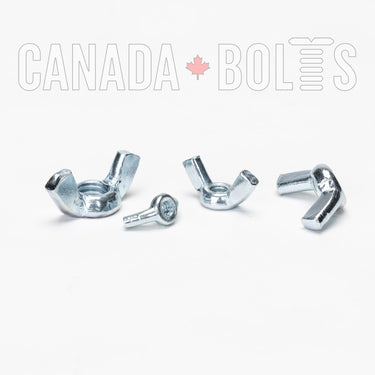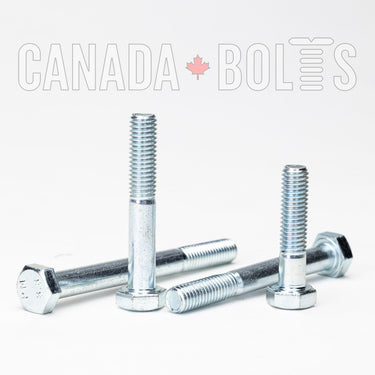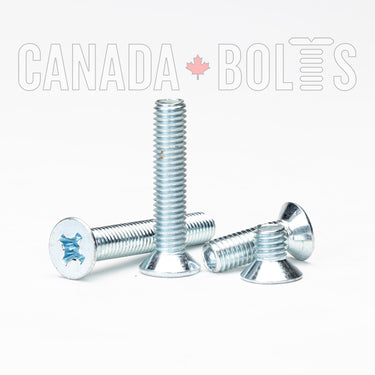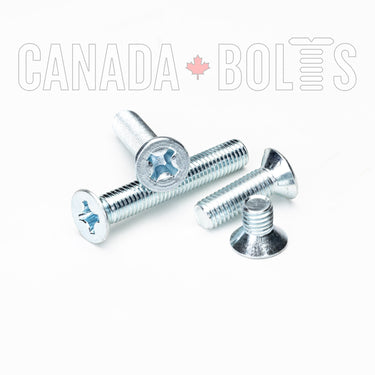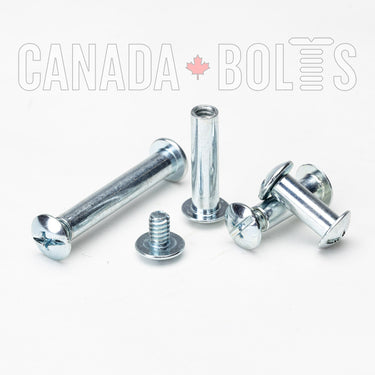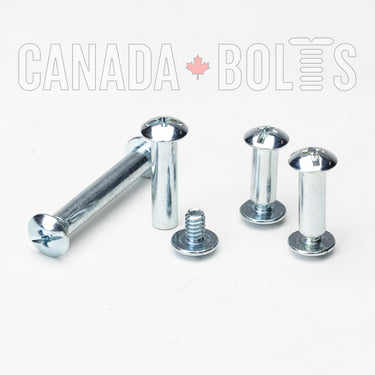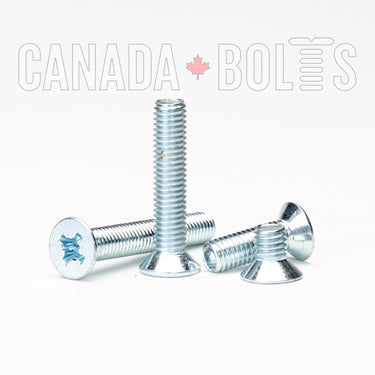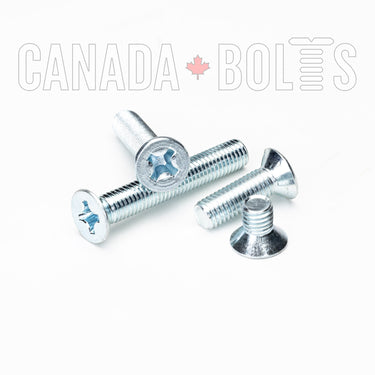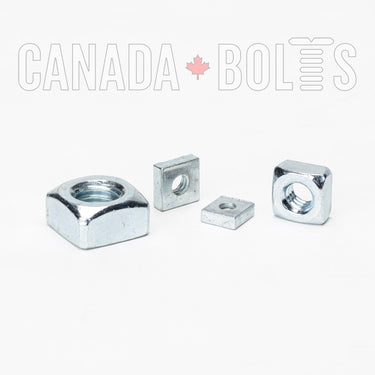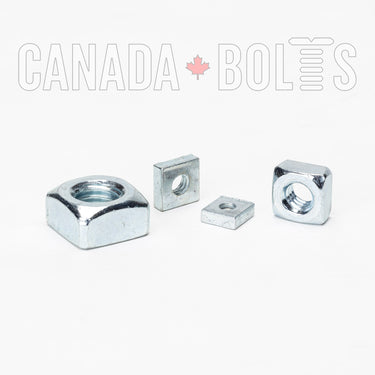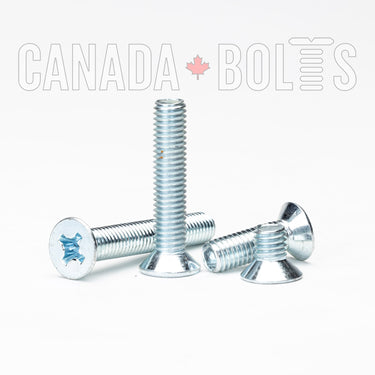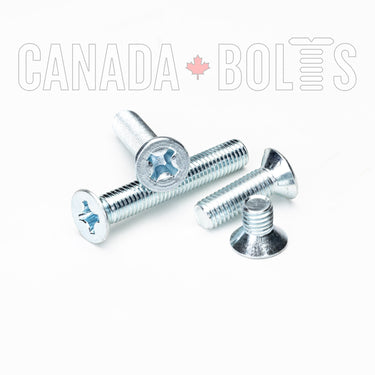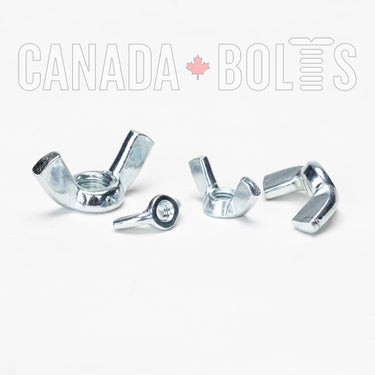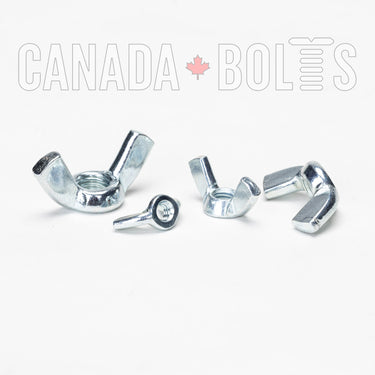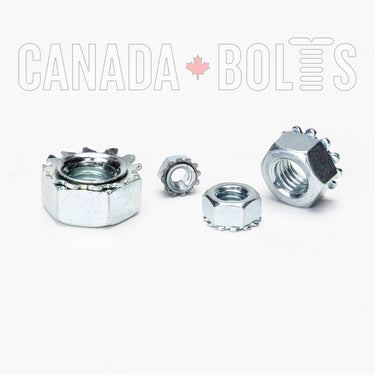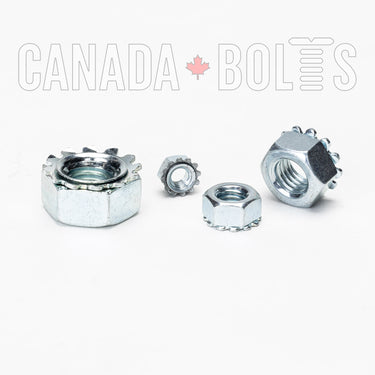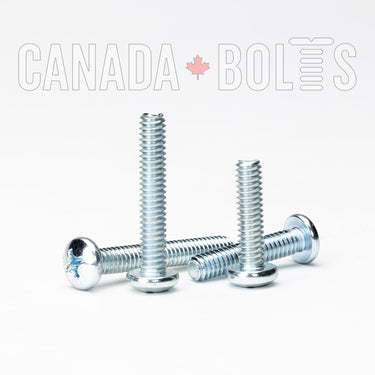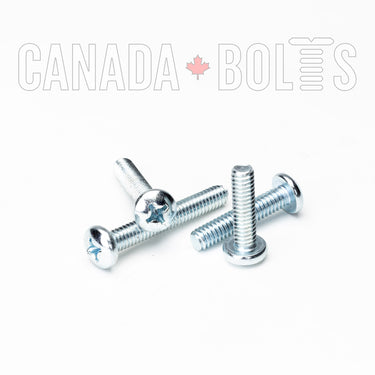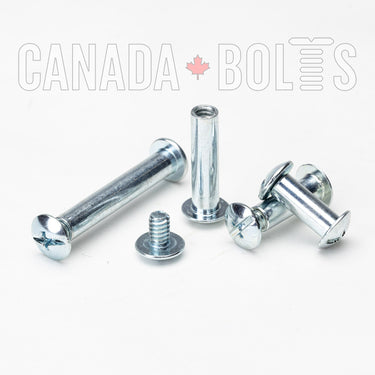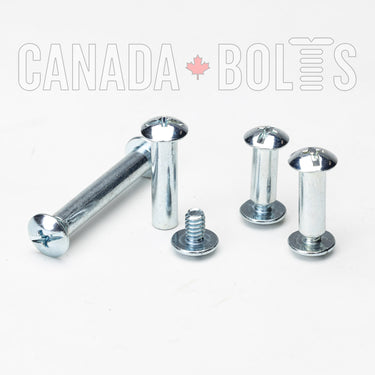Zinc fasteners are typically made from steel or another base metal and coated with a layer of zinc to enhance their corrosion resistance and durability. Zinc is a bluish-white metal that is widely used in the fastener industry due to its excellent corrosion protection properties. It acts as a sacrificial anode, meaning it will corrode in place of the base metal, thereby protecting the fastener from rust and oxidation.
Key Properties of Zinc:
- Corrosion Resistance: Zinc forms a protective oxide layer on its surface when exposed to air, which helps to prevent further oxidation of the underlying metal. This makes zinc-coated fasteners highly resistant to corrosion, especially in less aggressive environments.
- Cost-Effectiveness: Zinc is relatively inexpensive compared to other metals used for plating, making zinc fasteners a cost-effective solution for many applications.
- Ease of Application: Zinc coatings can be applied using several methods, including electroplating, mechanical plating, and hot-dip galvanizing, allowing for flexibility in manufacturing processes.
Types of Zinc-Coated Fasteners:
-
Electroplated Zinc Fasteners:
- These fasteners are coated with zinc through an electroplating process, where a thin layer of zinc is deposited onto the fastener. This method is common for fasteners used in indoor or mildly corrosive environments.
- Appearance: Electroplated zinc fasteners often have a bright, shiny finish, which can be enhanced with a passivation layer that provides additional corrosion protection.
-
Hot-Dip Galvanized Fasteners:
- In this process, fasteners are dipped into molten zinc, creating a thicker, more durable coating than electroplating. This method provides superior corrosion resistance, making it ideal for outdoor or harsh environments.
- Appearance: Hot-dip galvanized fasteners have a matte, dull gray finish, which is less visually appealing but offers better long-term protection.
-
Mechanical Zinc Plated Fasteners:
- Mechanical plating involves tumbling fasteners in a drum with zinc powder and glass beads, which creates a uniform zinc coating. This process is commonly used for fasteners that require a precise coating thickness and uniformity.
- Appearance: The finish is typically uniform and can range from dull to slightly shiny, depending on the process.
Key Benefits of Zinc Fasteners:
- Corrosion Protection: The primary benefit of zinc-coated fasteners is their ability to resist rust and corrosion, particularly in environments with moderate exposure to moisture.
- Sacrificial Anode Effect: Zinc's sacrificial properties ensure that it will corrode before the underlying metal, prolonging the life of the fastener and the materials it secures.
- Versatility: Zinc fasteners are available in various sizes, types, and coatings, making them suitable for a wide range of applications.
- Cost-Effective: Compared to other corrosion-resistant coatings, zinc is an economical choice, offering a good balance between cost and performance.
Common Applications of Zinc Fasteners:
- Construction: Used in structural components, roofing, and general construction where exposure to the elements is moderate.
- Automotive Industry: Applied in car assemblies, especially in non-critical areas that require protection from road salt and moisture.
- Electronics: Used in assemblies where corrosion resistance is needed, though zinc's conductivity is not ideal for high-frequency electrical applications.
- Furniture and Fixtures: Ideal for indoor furniture and fixtures where appearance and moderate corrosion protection are important.
Zinc fasteners provide an effective and economical solution for preventing corrosion in a wide range of applications. Whether through electroplating, hot-dip galvanizing, or mechanical plating, zinc coatings offer protection against rust and extend the life of fasteners. When selecting zinc fasteners, consider the environment in which they will be used, as well as the specific requirements of your project, to ensure optimal performance and durability.

